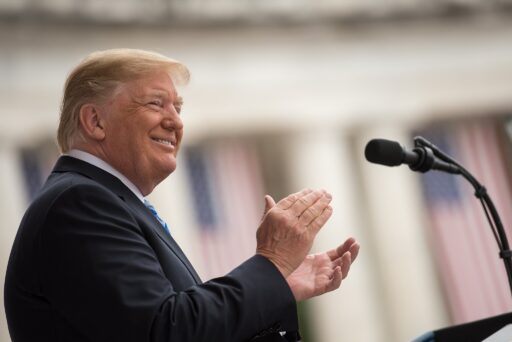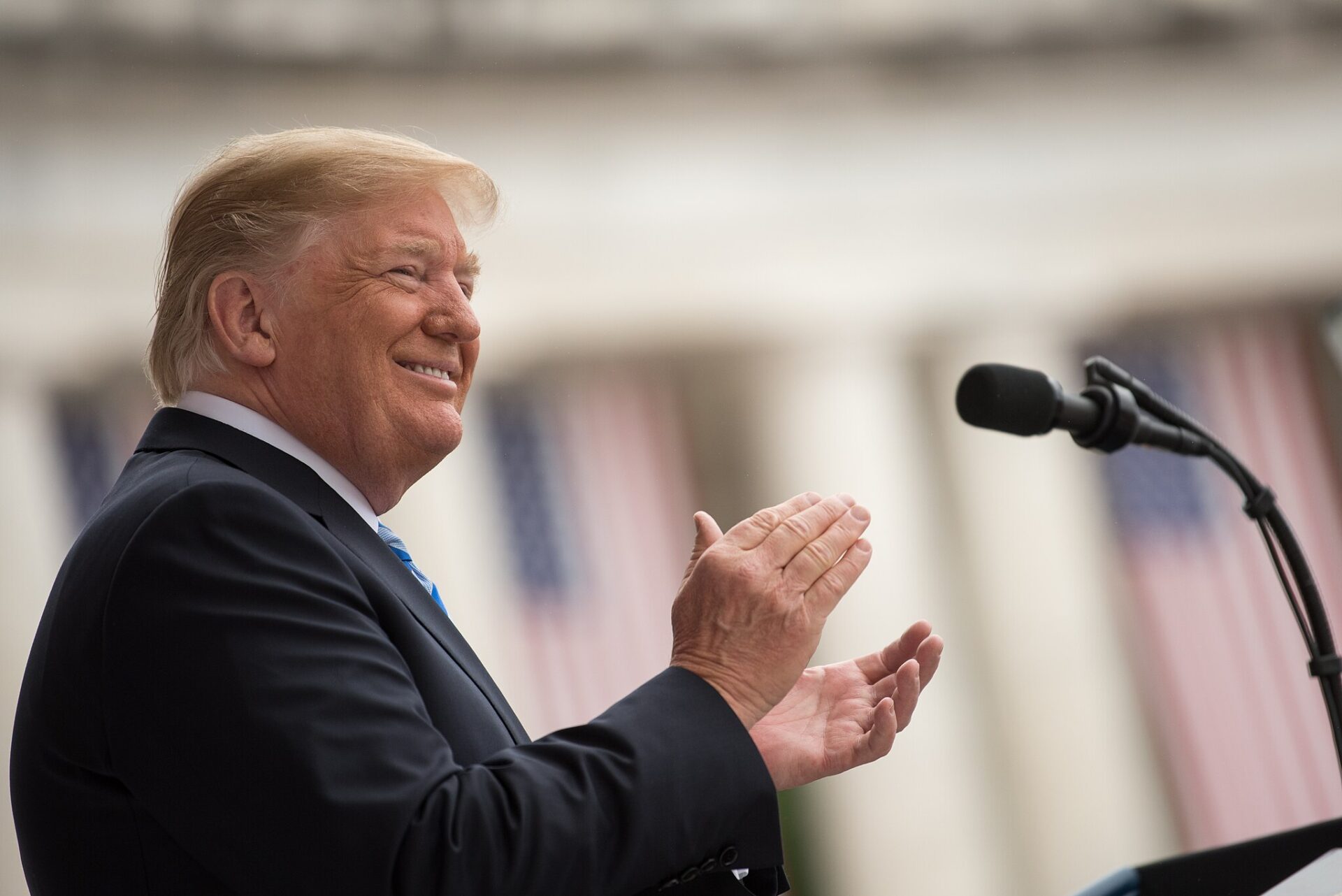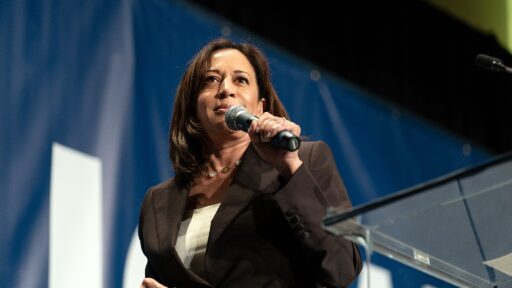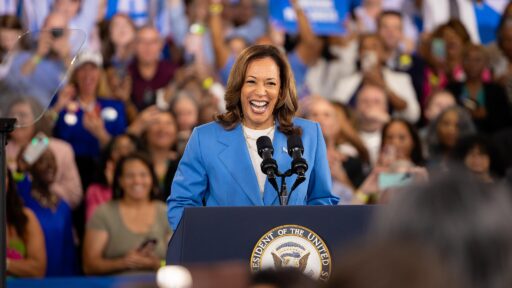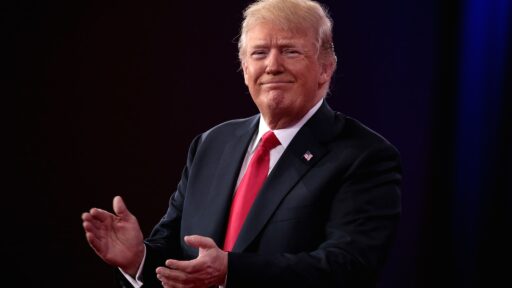Democrats To Kick Republicans Off Their Committees?
House Minority Leader Hakeem Jeffries (D-N.Y.) has made headlines by declaring his intention to remove at least two Republican members from the House Intelligence Committee if Democrats reclaim the majority in the upcoming elections. This announcement underscores the escalating tensions within Congress, particularly following Speaker Mike Johnson’s (R-La.) recent appointments of Reps. Scott Perry (R-Pa.) and Ronny Jackson (R-Texas) to the committee.
The decision to appoint Perry and Jackson has sparked controversy among lawmakers from both parties. Perry’s involvement in the investigation related to January 6, 2021, raises significant concerns, while Jackson has faced allegations regarding his conduct during his tenure as the physician to former President Trump. Jeffries has not shied away from expressing his discontent, referring to these appointments as “frightening.” During a recent press conference, he cryptically hinted that the matter is “to be continued,” leaving many to speculate about potential moves against these Republican members if Democrats regain control.
Johnson’s appointments filled vacancies left by former Reps. Chris Stewart (R-Utah) and Mike Gallagher (R-Wis.), who resigned earlier this year. This situation has ignited discussions about a retaliatory cycle between the two parties regarding committee assignments. Following a similar pattern, Democrats stripped Republican Reps. Marjorie Taylor Greene (R-Ga.) and Paul Gosar (R-Ariz.) of their committee roles in 2021, while Republicans removed Democratic Reps. Eric Swalwell and Adam Schiff from the Intelligence Committee when they regained the majority.
In a bid for a more civil political climate, Rep. Jamie Raskin (D-Md.), a leading Democrat on the House Committee on Oversight and Accountability, expressed hope for a more respectful discourse, signaling that he wouldn’t support removing Greene if the Democrats take control again. This highlights a growing desire among some lawmakers to elevate the tone of political debate, even amid fierce partisan battles. As the election approaches, the implications of these committee dynamics will undoubtedly play a crucial role in shaping the future of congressional governance.


